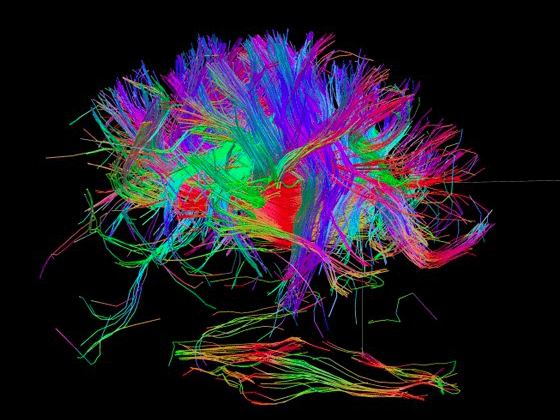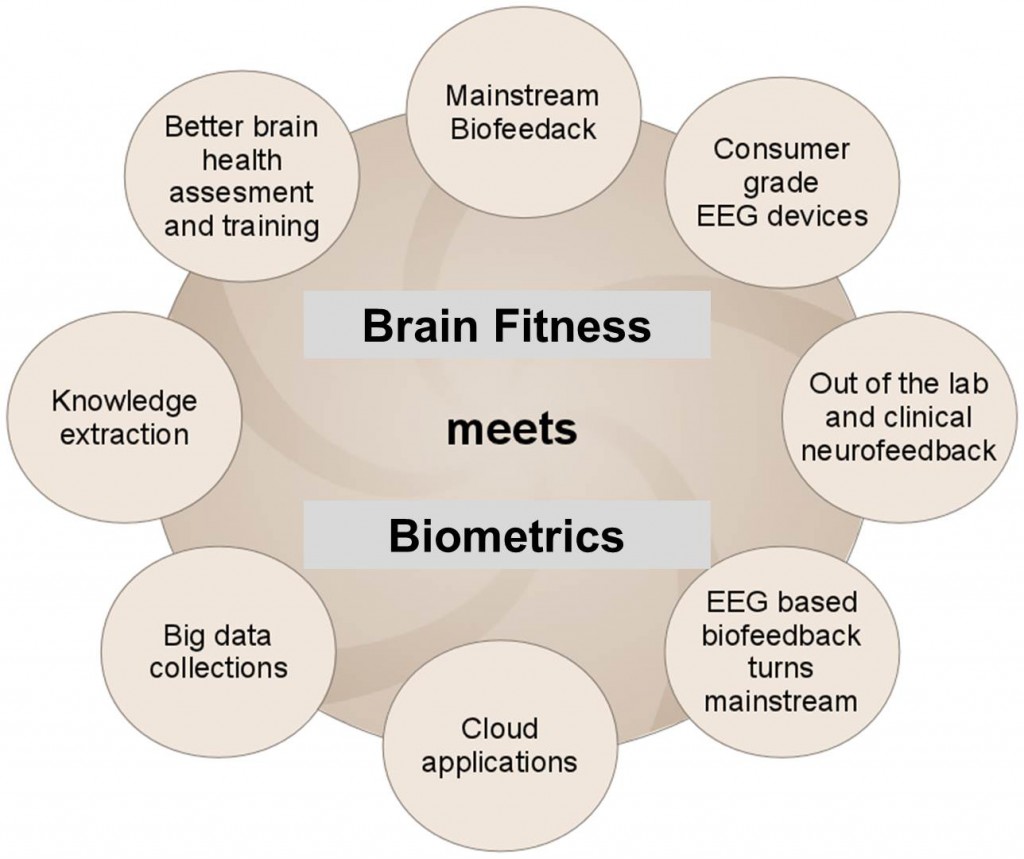Posts Tagged ‘behavior’
BRAIN Initiative: New call to action amidst growing skepticism
A White House Call To Action to Advance the BRAIN Initiative (press release): “Under this initiative, Federal agencies such as the Defense Advanced Research Projects Agency (DARPA), the National Institutes of Health (NIH), the National Science Foundation (NSF), and the Food and Drug Administration (FDA) are supporting the development and application of innovative, new technologies that…
Read MoreNeuroscientists: Develop digital games to improve brain function and well-being
Authors: Develop digital games to improve brain function and well-being (UW-Madison News): “Neuroscientists should help to develop compelling digital games that boost brain function and improve well-being, say two professors specializing in the field in a commentary article published in the science journal Nature. In the Feb. 28 issue, the two — Daphne Bavelier of the University of Rochester…
Read MoreNew $1 million grant to study working memory training in children with fragile X
MIND Institute researchers receive $1 million grant to study cognitive training in children with fragile X (UC Davis Health System News): “Researchers at the UC Davis MIND Institute will examine whether children and youth with fragile X syndrome can improve their working memory, cognition and behavior by using an online computer-based cognitive training program, through a new…
Read MoreBrain fitness meets HRV and EEG biometrics and neuroinformatics
As an active participant in the OpenViBE project (a software platform to design, test and use Brain-Computer Interfaces), in scientific as well as technical capacities, I have long been focused on ways to process, analyze and put brain signals to practical use. When I started reading on the subject of brain fitness a few years…
Read MoreStudy: Adaptive Working Memory Training Can Reduce ADHD-related Off-Task Behavior
For a number of reasons, there remains an important need to develop research supported treatments for ADHD in addition to medication and behavior therapy. Regarding medication, not all children benefit from taking it, some experience intolerable side effects, and many continue to struggle even when medication provides some benefit. Behavior therapy can be difficult for…
Read MorePersonalized Medicine in Psychiatry: from DSM to brain-based RDoC, iSPOT‑D and biomarkers
(Editor’s Note: this is Part 2 of the new 3‑part series written by Dr. Evian Gordon drawing from his participation at the Personalized Medicine World Congress on January, 23, 2012 at Stanford University.) Most Personalized Medicine research in Psychiatry using molecular measures alone have failed to replicate. Whilst disappointing, this is not surprising, since 80%…
Read More





